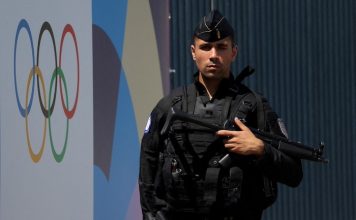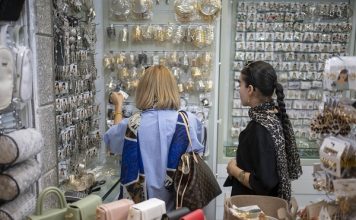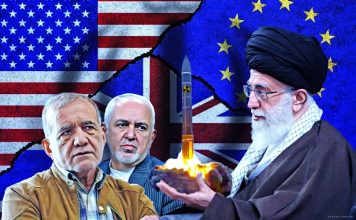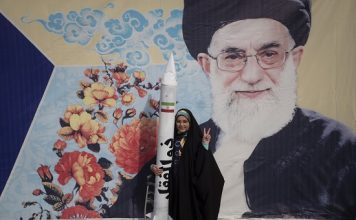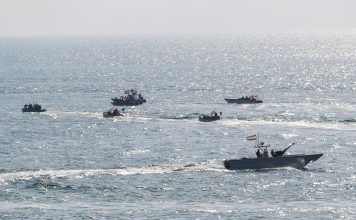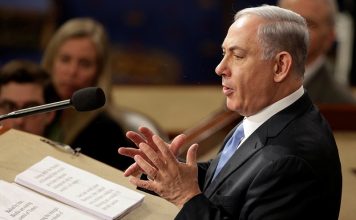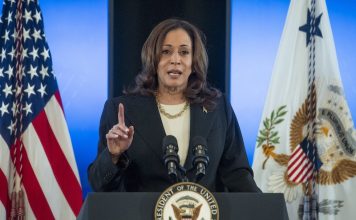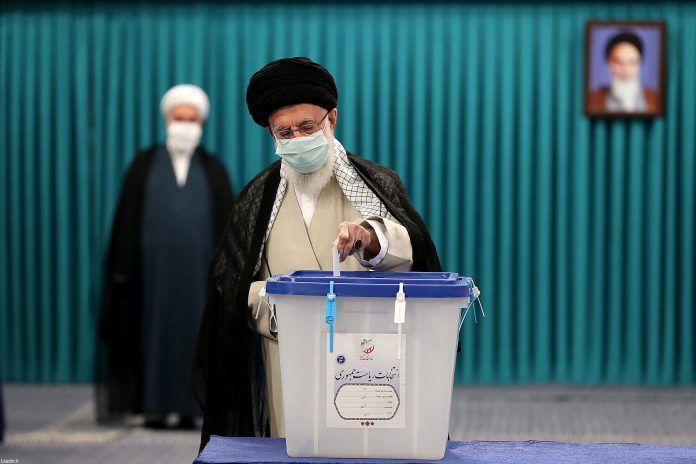
Iran’s next general election, which will be held on March 1, will not be “free and fair,” the UK Parliamentary Under-Secretary of State for Foreign, Commonwealth and Development Affairs David Rutley said during a Feb. 1 debate in the British parliament.
The debate was held to discuss concerns about the Islamic Republic’s human rights violations, including banning moderate and reformist politicians from standing for election, and shutting down the internet during elections.
“It is clear that Iranian authorities are imposing policies at odds with the values of freedom and democracy,” Rutley said. “Their upcoming elections are clearly not going to be free and fair. We will continue to work across government, and with the international community, to hold Iran to account for its unacceptable behavior.”
In separate comments, the Scottish National Party lawmaker Martin Day expressed similar positions.
“Elections will of course be held on March 1 to Iran’s parliament, but they can in no way can be considered free, fair or credible. It is more of a selection than an election, with the unelected, 12-strong Guardian Council having the power to approve candidates,” he said. “With a track record of banning moderates and reformers from standing, it is no surprise that many candidates have already been disqualified. This body can also veto laws made by the Parliament.”
“Ultimate power rests in the hands of the country’s Supreme Leader, Ayatollah Ali Khamenei, and the unelected institutions under his control,” Day added.
The elections will be the first to take place since the death of Mahsa Jina Amini, a 22-year-old woman who was arrested by Iran’s morality police in September 2022 for failing to observe the country’s compulsory hijab law. Amini died of injuries she sustained while in police custody. Amini’s death went on to spark nationwide anti-government protests which lasted for more than six months.
“The elections will rightly attract a great deal of attention, not least because they are the first to be held since the widespread protests in Iran following the death of 22-year-old Mahsa Amini,” the Labour Party lawmaker Wayne David said. “As has been the case in the past, the Council of Guardians will prevent candidates standing whom the Supreme Leader does not approve. We expect that those who are blocked will be moderate and reforming candidates.”
Concerns about the state of human rights and political rights in Iran have been raised by the United Nations and bodies observing elections in countries with theocratic governments.
Iran was classified as “Not Free” in a 2023 annual report by the Washington-based political advocacy organization Freedom House, which monitors human rights and political freedoms around the world. The organization gave Iran’s regime a 12 out of 100 score for the extent to which it upheld human rights in the country, a score of 4 out of 40 for upholding political rights, and a score of 8 out of 60 for respecting civil liberties.
“The Islamic Republic of Iran holds elections regularly, but they fall short of democratic standards due in part to the influence of the hard-line Guardian Council, an unelected body that disqualifies all candidates it deems insufficiently loyal to the clerical establishment,” the report said.
Freedom House also said Iran was “Not Free” in relation to its internet freedom score, giving the state an 11 out of 100 rating.
Iran’s government has used internet restrictions during election time in recent years to stifle dissent and support for competing lawmakers in Iran.
“In 2009, Iran’s government blocked Facebook before the presidential election, which the opposition deemed as an attempt by President Mahmoud Ahmadinejad to curb support for rivals,” said Lina Survila, a spokesperson for the Netherlands-based VPN (Virtual Private Network) service provider Surfshark, in an interview with Kayhan Life. “By cutting off access to popular social media platforms or restricting internet access altogether, it becomes difficult for people to spread news and form unbiased political opinions. This is detrimental to the very essence of democratic elections.”
Iran’s government has repeatedly used internet blocks and blackouts to avoid public scrutiny of its actions during events such as protests and elections.
Several internet watchdogs such as Cloudflare, the Open Observatory of Network Interference and Netblocks recorded shutdowns during the 2022 and 2023 protests in Iran which included the loss of mobile connectivity for 12 hours or more at a time. Other groups monitoring internet disruptions during the protests also reported that text messages which contained Amini’s name had been blocked.
Growing calls for Iranians to be provided with technology to bypass government-sanctioned internet restrictions have been made by civil society activists and Iranians in the country. In an effort to help, Surfshark and Netblocks co-produced a “Digital Survival Kit” in July. The online guide offers information about how to deal with a range of restrictions from ‘throttling’, a deliberate attempt to slow down internet speeds which make it almost impossible to send items like photos, to full-scale internet shutdowns.
“The solution depends on the type of internet restriction you’re facing,” Survila said. “For instance, a VPN may be able to help overcome internet throttling or social media restrictions, but it can’t do much when it comes to full national internet shutdowns. In that case, citizens could resort to satellite internet, international SIM cards, or modems.”

